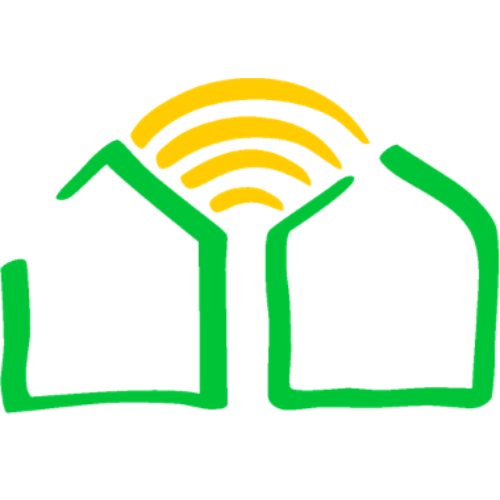Michigan Legislation to promote Internet for all creating affordable housing
-
Michigan Legislation to promote Internet for all creating affordable housing
To address the intertwined challenges of ensuring Internet access for all and promoting affordable housing in Michigan, it is crucial to consider legislation that leverages community-owned Internet networks (COINs) as a foundation for broader economic equity and social inclusion. The following legislative proposal seeks to harness the power of COINs to not only bridge the digital divide but also to support the development of affordable housing, thereby fostering a more equitable and connected society.
Michigan Internet Access and Affordable Housing Act (MIAAHA)
Section 1: Short Title
- This Act may be cited as the “Michigan Internet Access and Affordable Housing Act of 2024.”
Section 2: Findings
- The Legislature finds that:
- Internet access is a critical utility that enables economic opportunity, access to education, healthcare, and civic participation.
- A significant portion of Michigan residents, particularly in rural and low-income urban areas, lack affordable, high-speed Internet access.
- Community-owned Internet networks (COINs) can provide competitive, affordable Internet services while keeping infrastructure control within local communities.
- The development and expansion of COINs can be synergistically linked with affordable housing initiatives, providing dual benefits of connectivity and housing to underserved populations.
Section 3: Objectives
- To promote the establishment and expansion of COINs across Michigan.
- To integrate Internet infrastructure development with affordable housing projects.
- To ensure that all Michigan residents have access to affordable, reliable, high-speed Internet.
- To empower local communities to own, operate, and benefit from their Internet infrastructure.
Section 4: Establishment of the Michigan Community Internet Access Fund (MCIAF)
- Creation of a state fund to provide grants, loans, and technical assistance to local governments, non-profits, and cooperatives for the development of COINs.
- Allocation of funds to support the integration of Internet infrastructure in new and existing affordable housing developments.
Section 5: Incentives for Development of COINs and Affordable Housing
- Provide tax incentives and expedited permitting for projects that combine COINs with affordable housing development.
- Mandate that a certain percentage of new housing developments include provisions for high-speed Internet access facilitated by COINs.
Section 6: Partnerships and Collaboration
- Encourage partnerships between state agencies, local governments, educational institutions, private sector, and community organizations to promote COINs and affordable housing.
- Establish a collaborative platform for sharing best practices, resources, and technical expertise.
Section 7: Digital Equity Initiatives
- Require COINs to adopt affordable pricing models to ensure low-income residents have access to high-speed Internet.
- Support digital literacy programs in conjunction with affordable housing projects to enhance residents’ ability to utilize digital resources effectively.
Section 8: Monitoring and Evaluation
- Establish a commission to monitor the implementation of this Act, assess its impact on digital equity and affordable housing, and recommend adjustments as necessary.
- Require annual reporting on the progress of COINs development, affordable housing integration, and overall impact on community well-being.
Section 9: Effective Date
- This Act shall take effect on January 1, 2025.
By focusing on the dual objectives of expanding Internet access through COINs and integrating these efforts with affordable housing initiatives, the Michigan Internet Access and Affordable Housing Act aims to create a more inclusive, connected, and economically equitable society. This legislation represents a comprehensive approach to addressing the digital divide while simultaneously tackling housing affordability, thereby ensuring that all Michigan residents can thrive in the digital age.
Sorry, there were no replies found.
Log in to reply.

